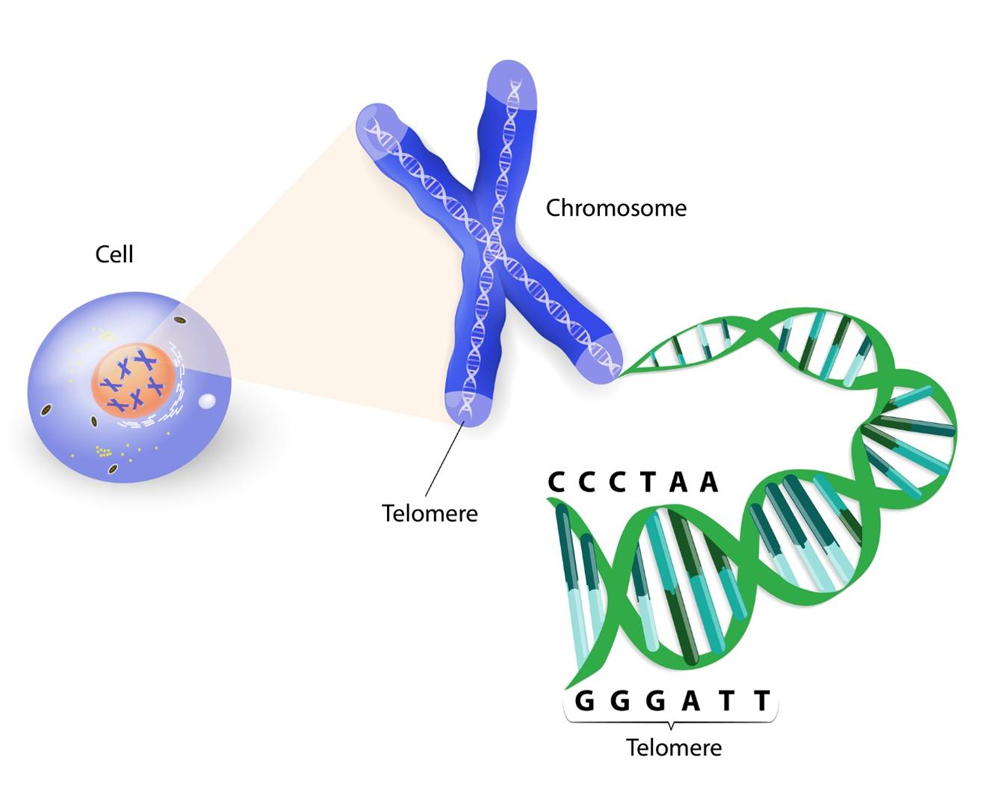
24th May 2025 Vitamin D slows biological aging by three years A major clinical trial, published in The American Journal of Clinical Nutrition, reveals that vitamin D supplements can reduce biological aging, preserving telomeres and potentially adding three years to lifespan.
Results from a large-scale study known as the VITamin D and OmegA-3 TriaL (VITAL), led by Mass General Brigham, show that taking vitamin D supplements can protect telomeres – tiny protective caps at the ends of chromosomes – from shortening. Telomere shortening occurs naturally as people age and is linked with an increased risk of age-related diseases. The findings, published this week in The American Journal of Clinical Nutrition, suggest vitamin D could be a promising tool to slow down biological aging. "VITAL is the first large-scale and long-term randomised trial demonstrating that vitamin D supplements protect and preserve telomere length," said Dr JoAnn Manson, the principal investigator of VITAL, one of the top 1% most cited scientists globally and chief of the Division of Preventive Medicine at Brigham and Women's Hospital. "This is especially exciting because previous results from VITAL have also shown that vitamin D reduces inflammation and lowers the risk of chronic diseases related to aging, such as advanced cancer and autoimmune conditions." Telomeres consist of repeating sequences of DNA at chromosome ends, protecting them from deterioration or fusion with other chromosomes. As telomeres gradually shorten with age, individuals become more vulnerable to age-related illnesses. When telomeres become too short, cells stop dividing and enter a state known as senescence, or undergo cell death. This process contributes to aging and raises the risk of chronic diseases like cancer, cardiovascular disease, and autoimmune disorders.
Previous small-scale studies had suggested that vitamin D or omega-3 fatty acids might support telomere health, but their results proved to be inconsistent. Researchers designed the VITAL study as a randomised, double-blind, placebo-controlled trial to evaluate the effects of daily supplementation with vitamin D3 (2,000 IU) and omega-3 fatty acids (1 gram) in US adults – men aged 50 and older, and women aged 55 and older – over five years. The VITAL Telomere sub-study team tracked telomere length in the white blood cells of 1,031 participants at the start of the trial and again at two and four years into supplementation. The researchers tested vitamin D and omega-3 supplements as separate interventions. Participants who took vitamin D alone experienced significantly less telomere shortening than the placebo group, equivalent to preventing nearly three years of biological aging. Omega-3 supplements, by comparison, showed no measurable benefit for telomere length. "Our findings indicate that targeted vitamin D supplementation could be an effective way to slow down biological aging processes," said Dr Haidong Zhu, lead author and a molecular geneticist at the Medical College of Georgia, Augusta University. "Further research will be needed to confirm these results and explore long-term benefits." The broader VITAL trial previously found that vitamin D supplementation lowered the risk of developing advanced cancers by 17% and reduced the rate of autoimmune diseases by 22%. It also lowered inflammation, with a 19% drop in high-sensitivity C-reactive protein (hs-CRP) – a marker linked to aging and chronic illness. Taken together, these findings suggest that vitamin D supplements could play a key role not just in their well-established support for bone health, but also in promoting longevity and reducing the burden of age-related disease. Although further research is needed, especially in more diverse populations, the evidence from VITAL points to a promising and accessible strategy for healthy aging.
• For related insights, see our earlier post on how germ cells influence male and female longevity – and the surprising role vitamin D might play in this difference.
Comments »
If you enjoyed this article, please consider sharing it:
|
||||||








